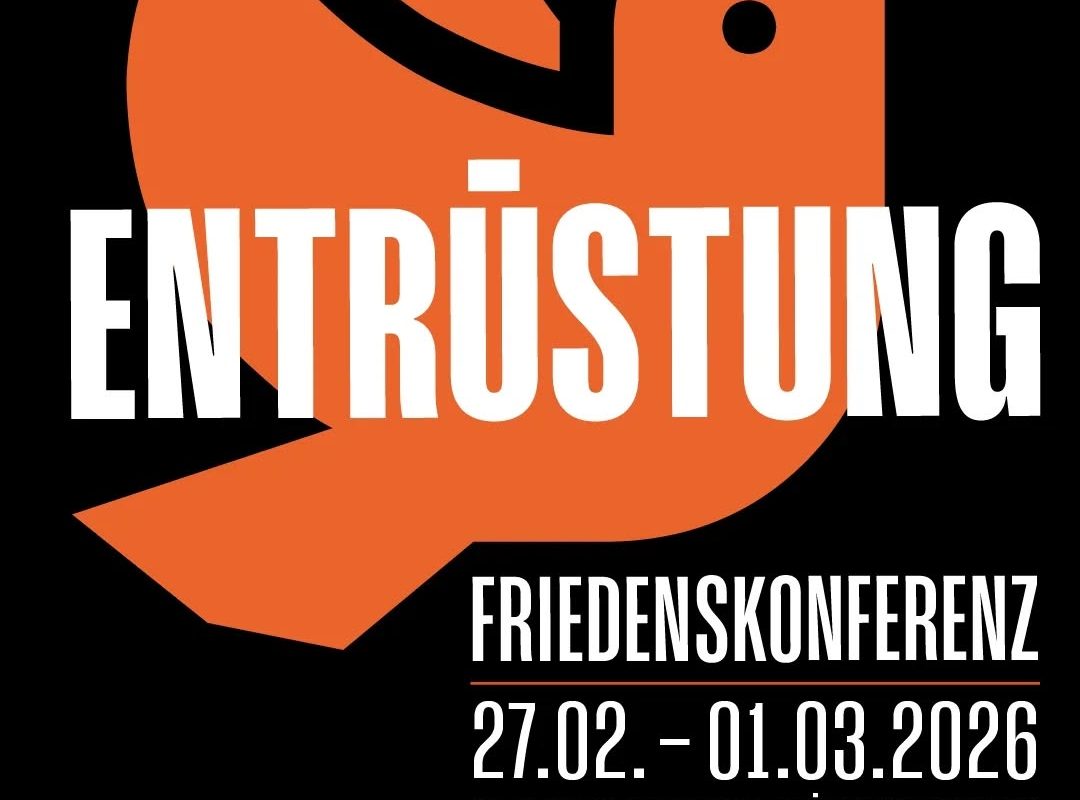The collective opera “Wem gehört Lauratibor?” (Who owns Lauratibor) presents a novel form of activism – an opera created to protest the ongoing evictions of residents and artisans in the Reichenberger neighborhood of Berlin-Kreuzberg. Written in Italian opera style, Who owns Lauratibor? follows Laura and Tibor and their companions through the province of Lauratibor as they surmount numerous obstacles on their search for a magic potion to help them resist.
Along the way, they encounter ruthless speculators as well as allies in similarly precarious situations. The lovers are separated and reunited, flounder, and are again shown the way by the Master of Love… before their final showdown with the arch-villain, Maximilius Profitikuss.
Who owns Lauratibor? is the fruit of a collaboration between several long-running protest movements in Reichenbergerkiez. Disturbed by the number of evictions in the neighbourhood that were rising despite the pandemic, residents joined forces with other Berliners. More than 100 professionals and amateurs make up the core ensemble of two choruses, an orchestra and around 20 soloists, while others created the scenery, costumes, libretto and score.
Most participants live and work in Reichenbergerkiez. They want to preserve their lively and heterogeneous neighbourhood, with apartments and ateliers coexisting under fairly regulated – rather than inflated market – rents. The three-hour-long musical saga takes the form of a demonstration to depict the urgent and existential threat to ever more Berliners.
The music for orchestra, chorus and soloists was composed to be performed in the street. It includes echoes of Italian opera and Carl Orff, as well as Kurt Weill agit-prop and Tom Waits. The collective has worked intensively with the various places and people whose stories are told in the protest opera, with each initiative having its own sound at its actual location: The Meuterei collective bar speaks a different (musical) language to the Yayla martial arts school. The collaborative creative process allowed all participants to contribute their unique experiences, skills and ideas.




